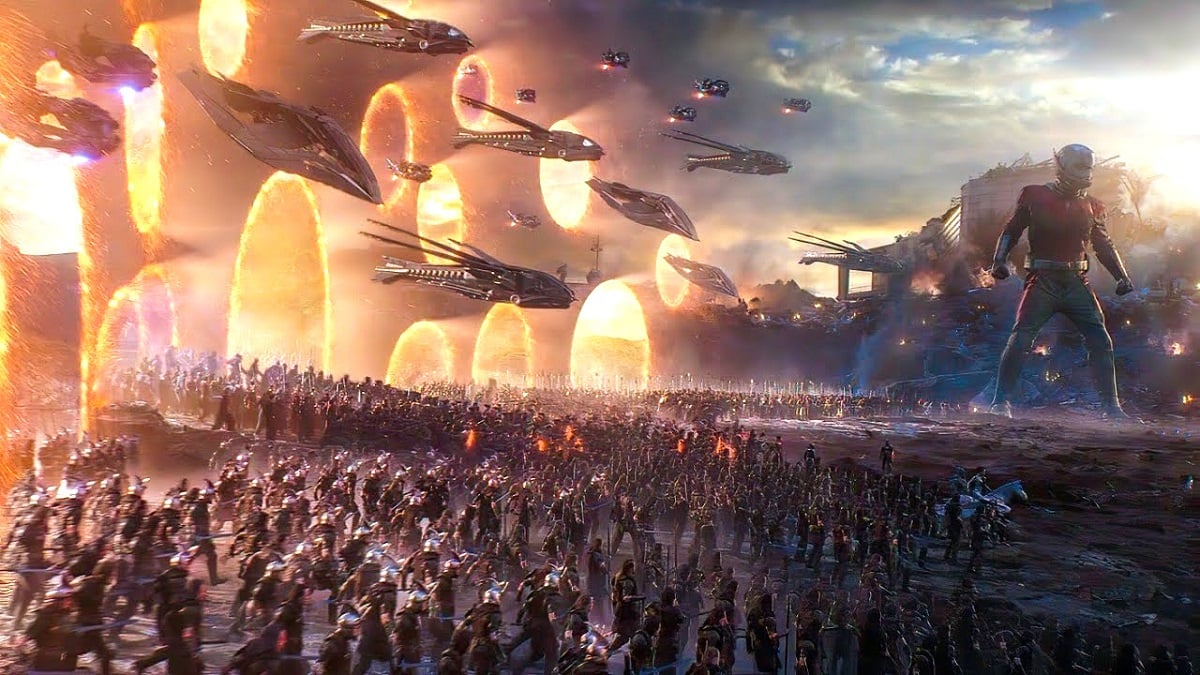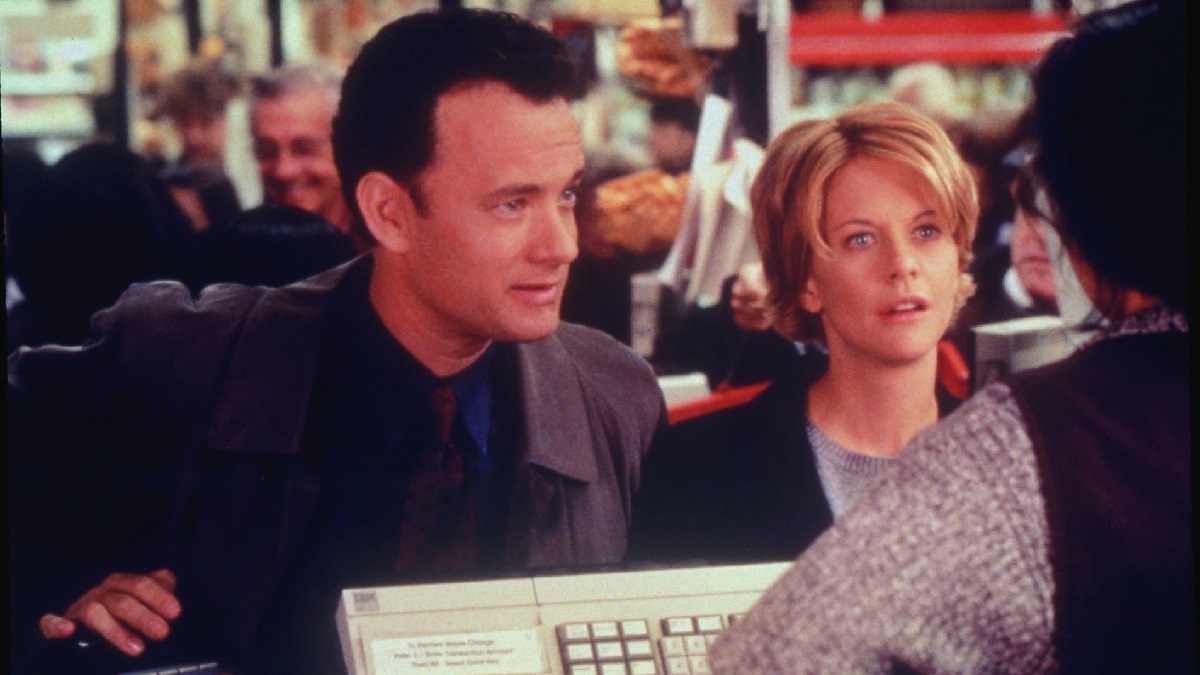These days, Kevin Feige is arguably the most recognizable producer on the planet, and he’s definitely the most powerful. As the architect of the Marvel Cinematic Universe, the noted baseball cap enthusiast has revolutionized the face of blockbuster cinema, and it all began with a string of coincidences.
Despite being a lifelong fan of the comic book company and its work, Feige’s first steps on the Hollywood ladder were a lot more tentative. Getting his foot in the door as the assistant of Lauren Shuler Donner, he was eventually introduced to her husband and legendary filmmaker Richard, the brains behind such classics as The Omen, Superman: The Movie, Lethal Weapon, and The Goonies.

At the time, he was part of the producorial team on Bryan Singer’s X-Men, and welcomed Feige into the fold, leading to his first-ever credit on a Marvel movie as an associate producer. However, the boom that was ignited by the merry band of mutants – and then taken into the stratosphere by Sam Raimi’s Spider-Man two years later – technically kicked off in 1998 with Blade.
Wesley Snipes’ debut as the Daywalker landed a mere year after Batman & Robin had almost killed the genre entirely, proving that comic book characters were more than capable of dropping cheesy lines, wearing ridiculous costumes, and spouting nonsensical exposition while being undeniably and inimitably cool, a template the MCU has been utilizing since its very beginning.
Meanwhile, Feige was listed among the crew of a 1998 release, but it was the decidedly less glamorous position of being Shuler Donner’s assistant on Tom Hanks and Meg Ryan rom-com You’ve Got Mail. Just to think, the future head of all things Marvel was running errands on a breezy romance while Blade was writing pages in the playbook he’d use to change the game forever.

